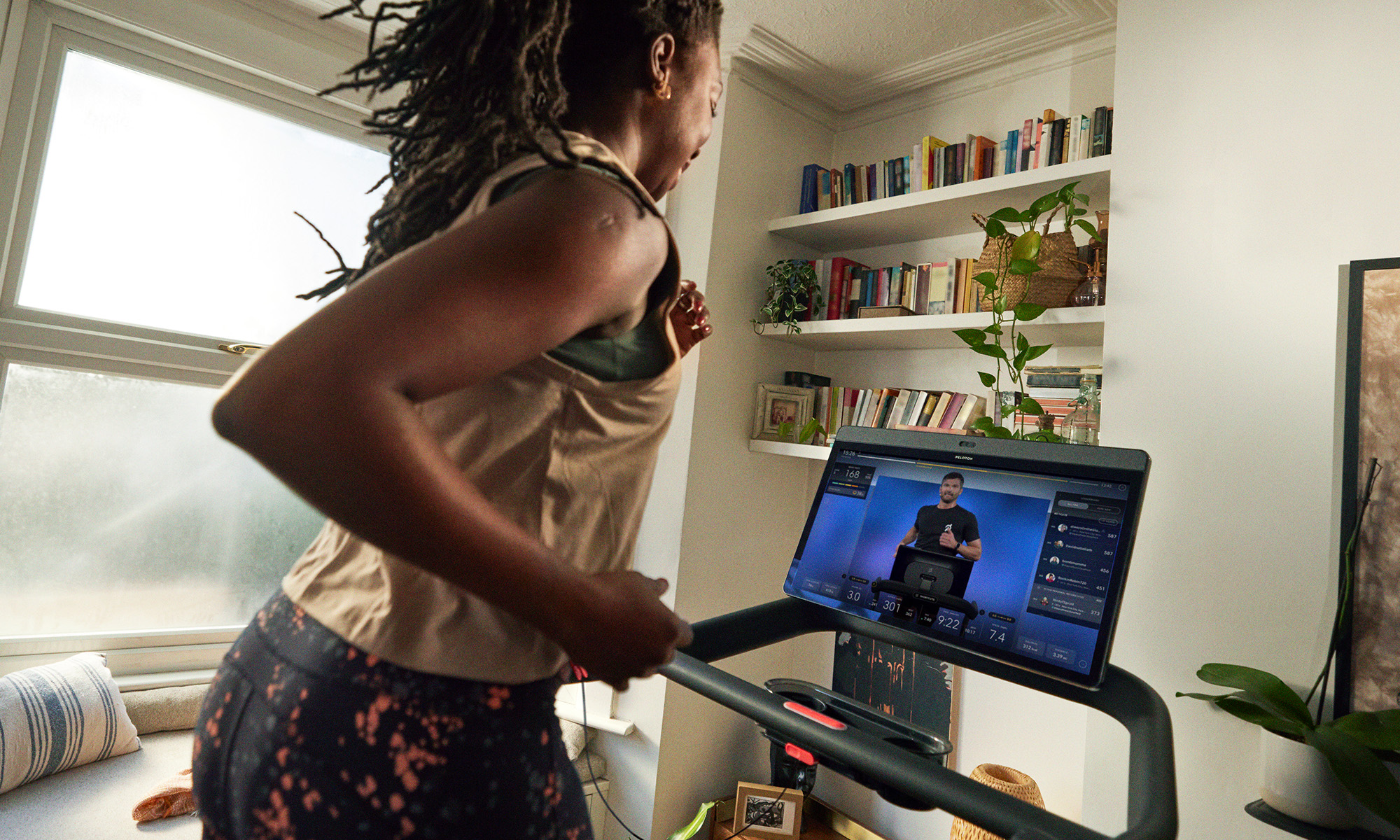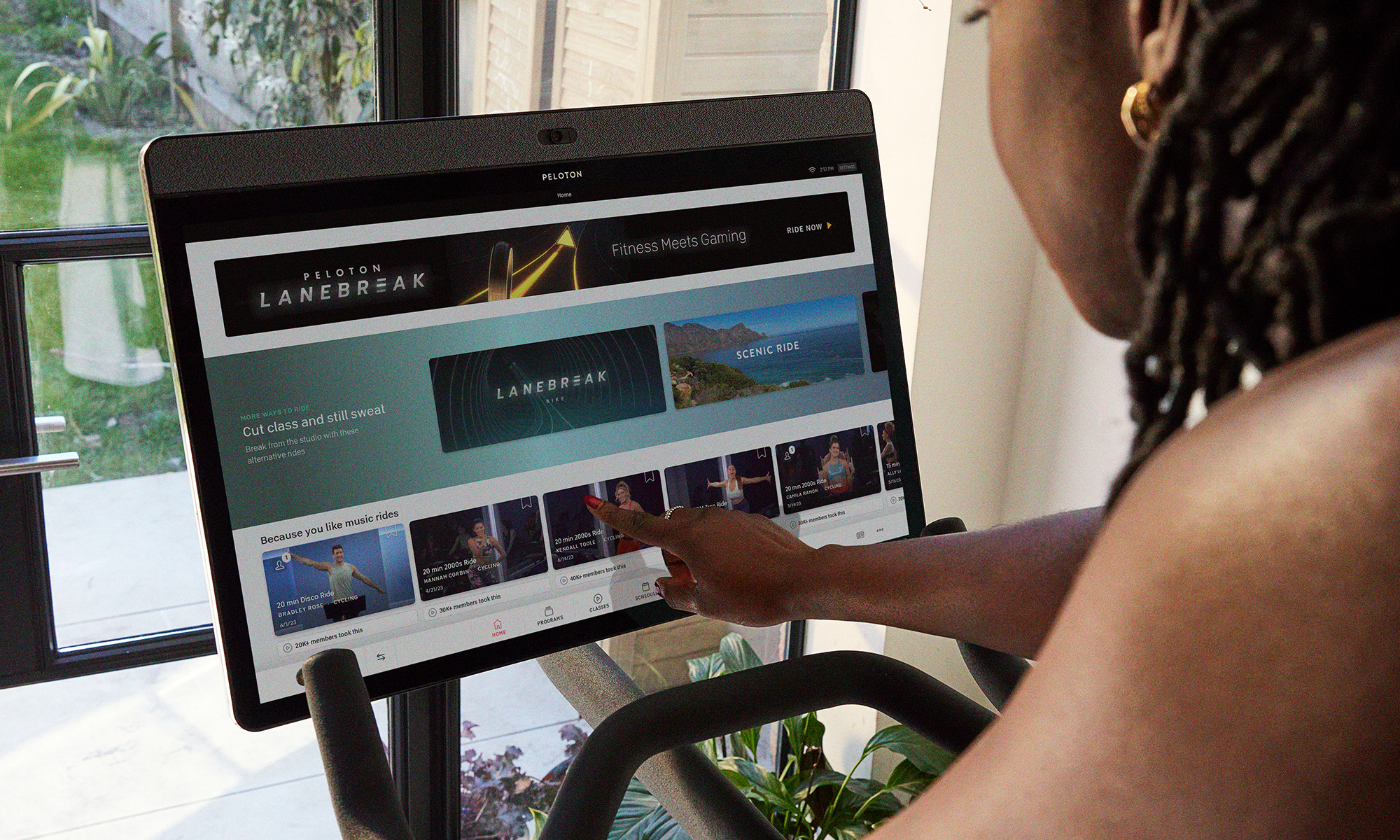Many investors look at recent IPOs to see whether companies have the potential to become the next big blockbuster stocks. Yet along with the hype that accompanies newly public stocks, there's inevitably controversy. Fewer stocks that have gone public recently have generated more debate than Peloton Interactive (PTON +3.32%), the maker of interactive fitness equipment like stationary bikes and treadmills.
Peloton has enjoyed considerable revenue growth in its short history, but despite considerable volatility, its stock price hasn't done much since its late 2019 IPO. Below, we'll look at the bull and bear arguments about Peloton to see which one looks more compelling -- and whether that could make Peloton Interactive into a millionaire-maker stock in the years to come.
The bull case for Peloton
Even before the coronavirus pandemic hit, Peloton Interactive had seen a highly successful start to its business. Traditionally, the business of fitness equipment hasn't been that strong of a performer, and it's been difficult for companies to establish any sort of lasting competitive moat.
Yet Peloton's approach was novel, and it incorporated a positive network effect that served as a barrier for potential competitors. Rather than just selling a stationary bike or treadmill, Peloton sought to package the hardware together with its subscription service of fitness classes. With a built-in display that allows exercising customers to get access to a host of different class offerings, Peloton highlighted the value-added proposition of its fitness content -- and also created a stream of recurring subscription revenue to supplement the one-time bump it gets from an equipment sale.

Image source: Peloton Interactive.
Peloton has also been quick to embrace the idea that not every would-be customer will want to pay the significant amount of money to purchase a bike or treadmill. It also makes its fitness workout app available to subscribers more broadly, letting users enjoy the workouts on their smartphones or mobile devices. That openness, along with the quality of the workouts, has led to Peloton securing a retention rate of well over 90%.
Now that many fitness centers and gyms have closed across the nation because of the coronavirus outbreak, the value of having an at-home exercise option has never been greater. For those who can afford to buy Peloton equipment, new demand has shown how interested customers are in the company.
The bear case against Peloton
Even with its early success and significant growth, however, Peloton Interactive has faced some challenges. Among them are the following:
- The prices of the equipment -- $2,245 for a bike and $4,295 for a treadmill -- are high enough to be a barrier to many would-be buyers.
- An ad that aired over the holidays cast a negative light on Peloton, making some consumers see the equipment as an upper-class luxury item that they should scorn rather than embrace.
- Some missteps during the coronavirus pandemic have caused problems. For instance, the company had to cancel some treadmill orders because it doesn't want to put employees and delivery people at risk in installing the equipment. It also had to suspend the production of live fitness classes when an employee tested positive for COVID-19 at its New York headquarters.
From a longer-term perspective, some also worry that Peloton isn't close to being profitable. The company spends more on sales, marketing, and overhead expenses than it gets in gross profit. Although bullish investors argue that the spending promotes greater revenue growth that, in turn, will produce larger profits down the road, skeptics don't see the immediate road to profitability that they'd prefer.
Will Peloton work out?
The big question facing Peloton Interactive is how much it will be able to build on the initial loyalty of its core group of customers. Although equipment is the big-ticket item that shows up most prominently in revenue, it's the subscription service for fitness classes that has the greater potential to produce high-margin sales that make it possible for Peloton to reach profitability more quickly. Yet to do so, Peloton will have to keep attracting top talent in the fitness video production business -- and that could remain pricey for a while.
Peloton is following a business model that companies in other industries have used well. As the first-mover in a niche it's trying to carve out for itself, it's up to Peloton to show in the months to come why it has what it takes to be a millionaire-making growth stock for its shareholders.







